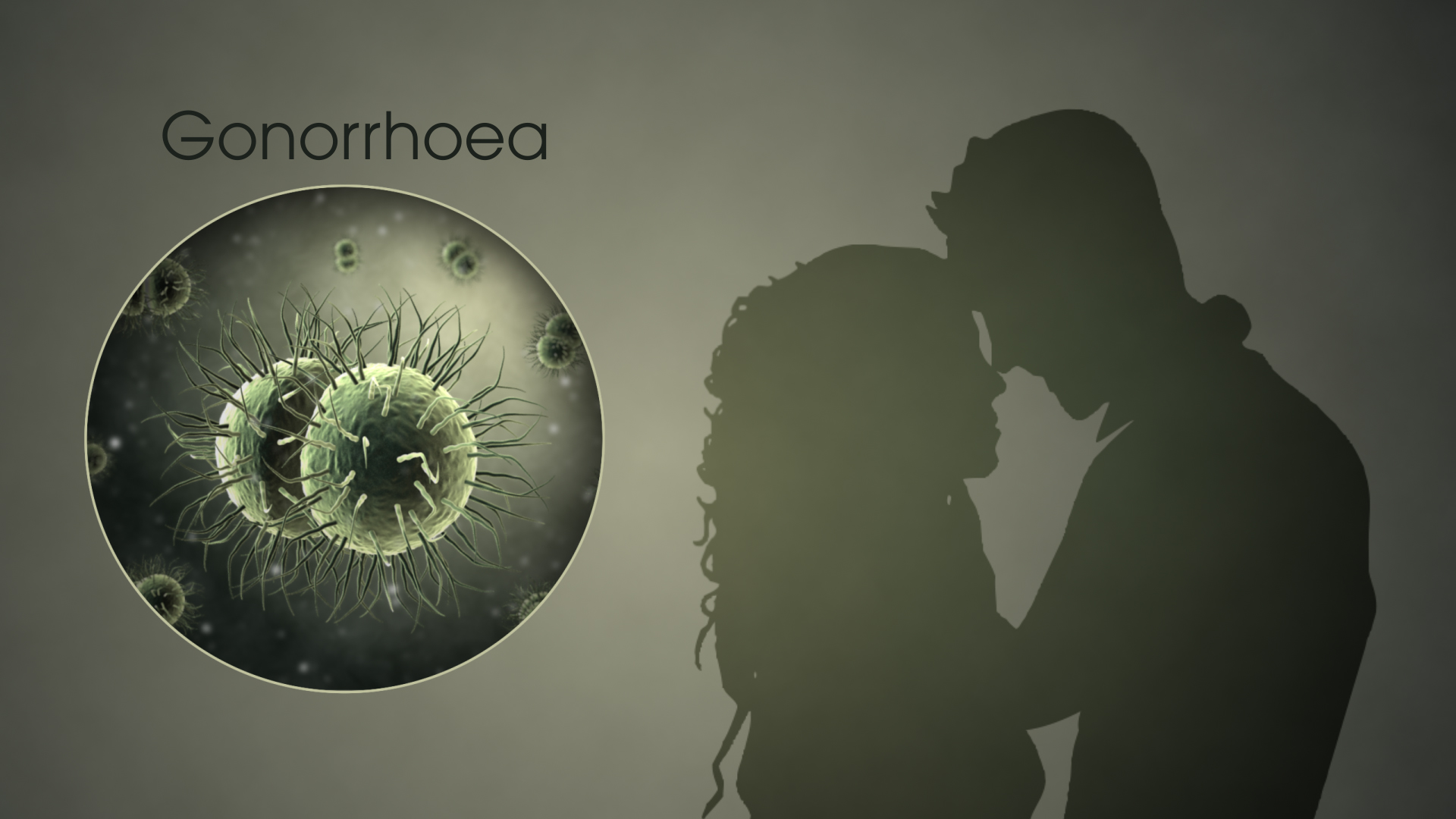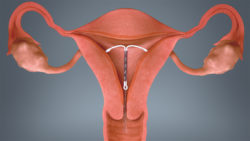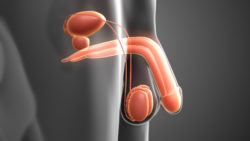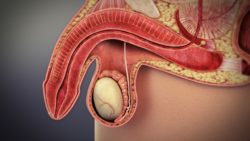An infection caused by a sexually transmitted bacterium “Neisseria gonorrhoeae” is known as gonorrhoea. Both men and women are susceptible. It is most commonly spread through sex. However, babies may also get infected during childbirth if their mother is infected. Gonorrhoea affects urethra, rectum, throat, and in women, also the cervix. Globally, there are around 78 million cases of gonorrhoea diagnosed every year. It can be easily treated, but if left untreated, can cause serious and permanent complications.

Symptoms
Many times a person suffering from Gonorrhoea may have no symptoms. The symptoms are mostly in the genital tract. In men, the symptoms in their genital tract may include, painful urination, pain or swelling in the testicles, pus like discharge from the penis. In women the symptoms would include painful urination, increased vaginal discharge, painful intercourse, abdominal or vaginal pain and vaginal bleeding between periods. If gonorrhea affects the rectum, eyes, throat and joints of the body then symptoms like anal itching, pus like discharge from the rectum, eye pain, pus like discharge from the eyes, throat pain swollen lymph nodes in the neck and swelling and severe pain the joints.
Causes
Gonorrhea is a sexually transmitted disease which is caused by the bacterium Neisseria gonorrhoeae. It is highly contagious and it passes from person to person through unprotected oral, anal or vaginal sex.
Treatment
Antibiotics are used to treat most gonorrhoea infections. Treatment usually includes Ceftriaxone by injection and azithromycin by mouth. Abstaining from sexual intercourse is required till completely treated to prevent the risk of passing on the infection.
The ways to prevent getting or passing on the infection is abstinence from sex, using condoms during sex and having sexual activity with an unaffected mutually monogamous partner.
Disclaimer: The information in no way constitutes, or should be construed as medical advice. Nor is the above article an endorsement of any research findings discussed in the article an endorsement for any of the source publications.
References:

Why aren’t IUDs as popular as they should be?
Based on typical use, Intrauterine devices (IUDs) have a failure rate of 0.8% per year, while the most popular birth control pill that requires daily dosing has up to 9% of failure rate. IUDs are also 90 times more effective than male condoms. Read More..

Andropause (Late-onset Hypogonadism): Treatment, Prevention, and Risks
Andropause, another word for Late-onset hypogonadism, is a rare endocrine condition in older men. Associated with a decrease in testosterone, clinical symptoms are often sexual in nature, including decreased sexual desire, fewer erections, etc. Read More..

Peyronie’s disease: Causes and Treatments
When a fibrous plaque develops inside the the male penis, it results in a painful condition called Peyronie's disease. Peyronie’s disease is a connective tissue disorder that affects the soft tissue of the penis, causing abnormal curvature, shortening and often erectile dysfunction. Read More..








